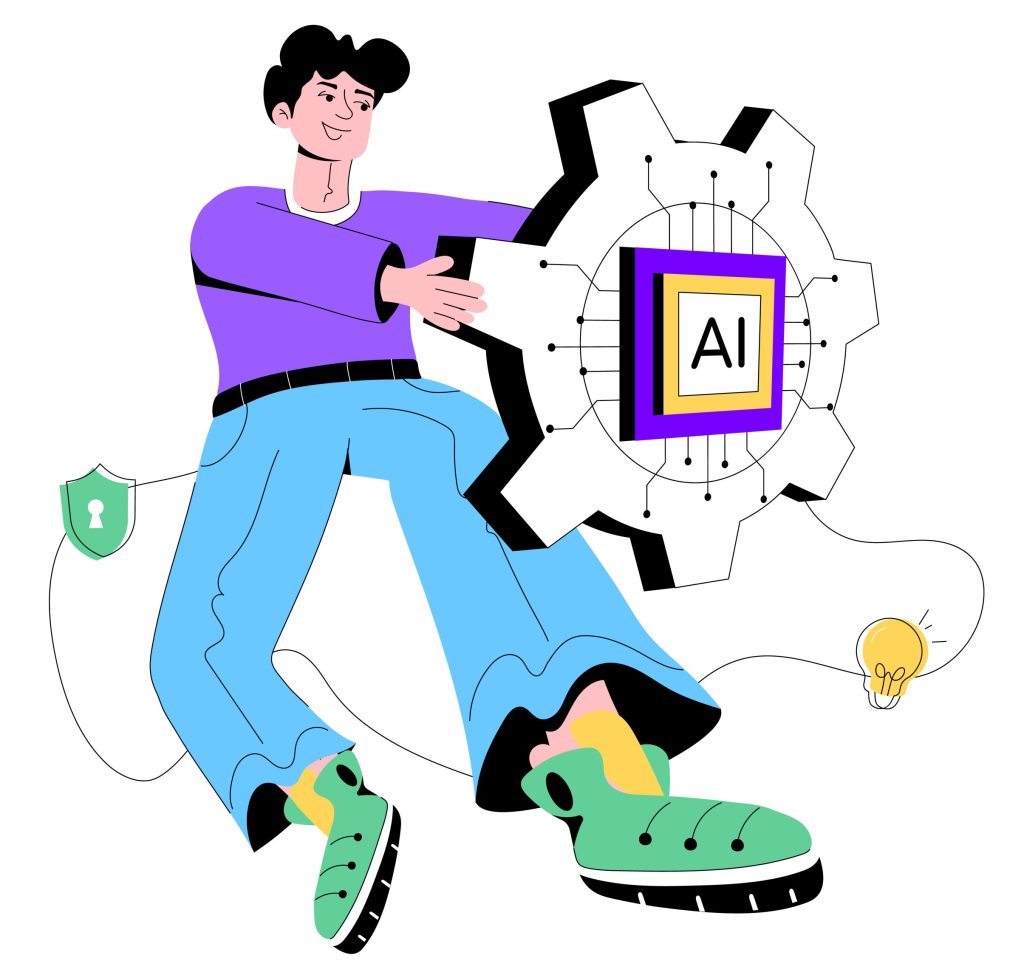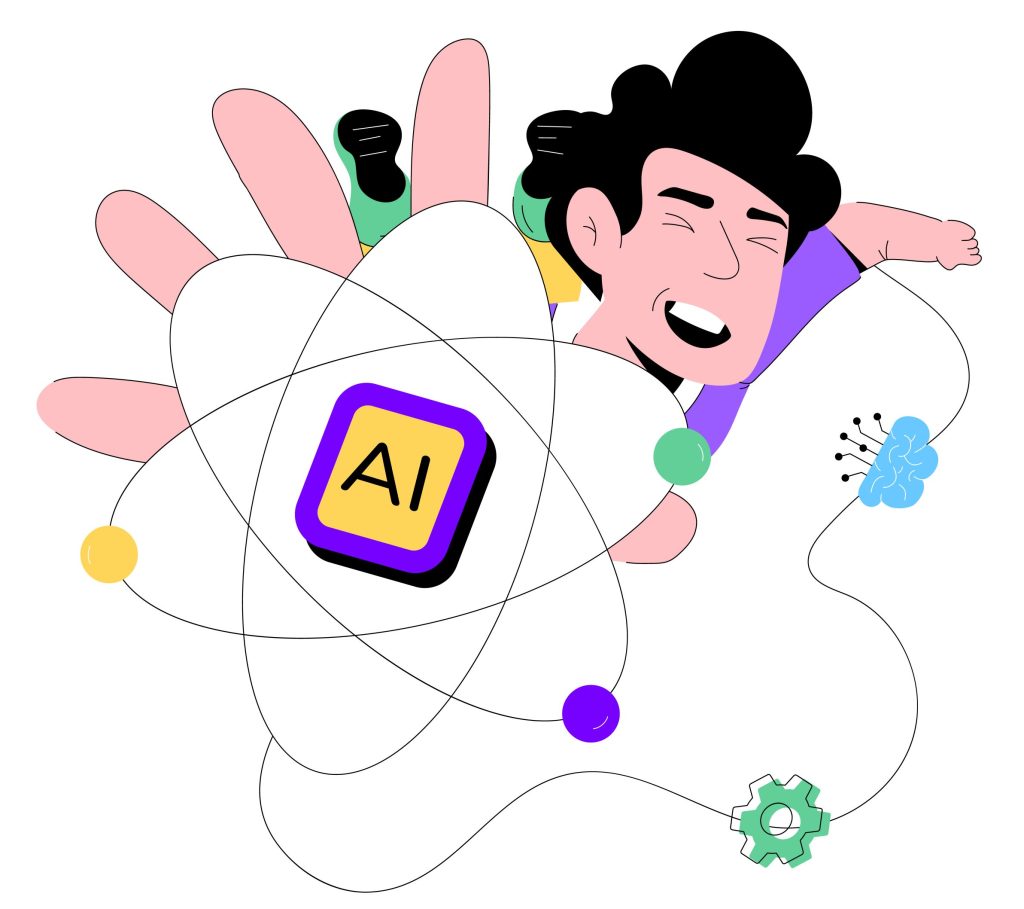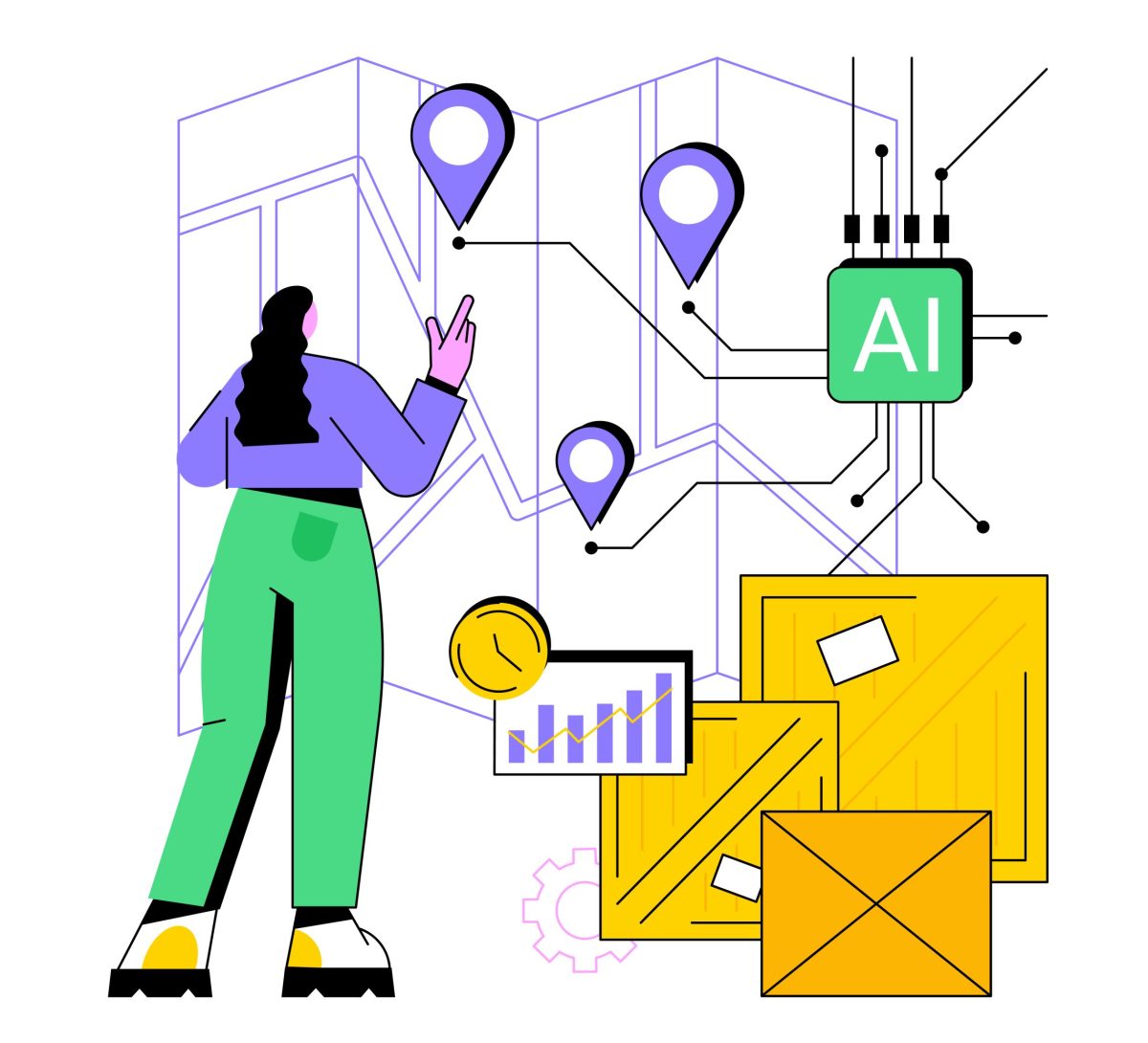In today’s dynamic and highly regulated business environment, maintaining consistent product and service quality is not just a competitive edge; it’s a necessity. As industries strive for zero defects, operational efficiency, and better compliance, traditional Quality Management Systems (QMS) are evolving. Enter AI in Quality, a transformative force redefining how organisations implement, monitor, and improve quality standards.
By integrating artificial intelligence into QMS frameworks, businesses can detect issues in real-time, predict quality deviations before they occur, and automate compliance checks. This blog explores what AI in Quality means, how it’s revolutionising the QMS industry, and why forward-thinking companies are embracing it to future-proof their operations.
By – Vamsi Bumireddy (CTO)
What is AI in Quality?
AI in Quality refers to the application of artificial intelligence technologies, like machine learning, computer vision, and natural language processing, in quality management processes. The goal is to move from reactive to predictive quality management.
Rather than relying solely on manual inspections or human-driven analysis, AI systems continuously monitor data streams, detect anomalies, and learn from trends. Whether it’s tracking product defects on a manufacturing line, analysing customer feedback, or reviewing supplier performance, AI brings speed, accuracy, and intelligence to every stage of the quality lifecycle.
This integration helps businesses reduce errors, lower costs, improve customer satisfaction, and meet compliance standards more effectively.
How AI in Quality is Revolutionising the QMS Industry
1. Predictive Quality Control
AI models can analyse historical quality data to identify patterns and predict potential issues before they arise. For example, in manufacturing, sensor data combined with machine learning can predict equipment malfunctions or deviations in product dimensions, allowing preventive action.
2. Real-Time Monitoring and Alerts
AI-driven QMS platforms provide continuous monitoring of production and operational processes. As soon as a deviation from standard quality metrics occurs, the system alerts relevant teams for immediate action. This drastically reduces downtime and waste.
3. Automated Documentation and Compliance Checks
AI systems can automatically generate compliance reports and ensure all quality documentation aligns with international standards like ISO 9001. This reduces manual workload and improves audit readiness.
4. Enhanced Root Cause Analysis
Using AI for root cause analysis enables deeper and faster identification of underlying issues. NLP tools can sift through volumes of quality reports, customer complaints, and production logs to uncover consistent problem areas.
5. Supplier Quality Management
AI algorithms can track supplier performance over time, predict risks, and suggest better vendor choices based on reliability, defect rates, and delivery timeliness. This ensures better procurement quality and reduces supply chain disruptions.
 6. Image Recognition for Defect Detection
6. Image Recognition for Defect Detection
Computer vision allows AI to detect product flaws or packaging issues in real-time during production. This is far more consistent and faster than manual inspection.
7. Customer Feedback Analysis
AI can analyse customer reviews and support tickets to understand common quality concerns. This enables businesses to take corrective action and boost satisfaction.
8. Adaptive Quality Standards
With AI, quality benchmarks can adapt dynamically based on market trends, new regulations, or internal business goals, unlike rigid, one-size-fits-all QMS templates.
What Happens If Businesses Don’t Embrace AI in Quality?
1. Reactive Approach to Defects
Without AI, businesses often discover quality issues only after they’ve escalated, either during final inspections or after customer complaints. This leads to increased rework, warranty claims, and brand damage.
2. Inconsistent Quality Assurance
Manual inspection and subjective human assessments result in inconsistent quality, especially in high-volume or fast-paced environments.
3. Higher Operational Costs
Quality teams spend excessive time on inspections, data entry, and compliance documentation, activities that could be streamlined through AI.
4. Delayed Decision-Making
Lack of real-time insights means delays in addressing quality deviations, which can impact delivery timelines, compliance, and overall customer satisfaction.
5. Limited Scalability
Traditional QMS struggles to scale effectively across global operations. Without AI, businesses risk processing silos, non-standardised practices, and fragmented data.
 How Stratpilot Helps Businesses Modernise Quality Management
How Stratpilot Helps Businesses Modernise Quality Management
Stratpilot is a productivity and intelligence assistant that empowers businesses with smart, AI-driven solutions tailored to modern quality management. Designed to simplify workflows and deliver actionable insights, Stratpilot can play a critical role in enhancing AI in Quality initiatives.
With pre-built templates, AI agents, and real-time recommendations, Stratpilot helps quality teams:
1. Analyse production or customer feedback data
2. Detect patterns that indicate quality risks
3. Generate and manage quality reports effortlessly
Stratpilot can adapt to your specific QMS environment, reducing manual effort, increasing visibility, and supporting continuous improvement.
If you’re looking to elevate your quality standards, reduce operational risks, and embrace intelligent decision-making, Stratpilot is your go-to solution. Sign up today and experience how Stratpilot simplifies QMS operations while giving your team the AI-driven tools they need to stay ahead in today’s competitive market.
Frequently Asked Questions (FAQs)
Q1: Can AI help in meeting ISO 9001 and other regulatory standards?
Yes. AI can ensure documentation accuracy and keep your processes aligned with evolving standards like ISO 9001, IATF 16949, and more.
Q2: Is AI suitable for small businesses implementing quality management systems?
Absolutely. AI-driven tools like Stratpilot are scalable and user-friendly, making them ideal for both large corporations and smaller teams aiming to improve their quality practices.
Q3: How accurate is AI in detecting product defects?
AI models trained with high-quality data can outperform human inspectors in consistency and speed, especially when using computer vision for surface defect detection.
Q4: What kind of data is needed to implement AI in Quality processes?
AI requires historical quality data, such as defect logs, sensor data, production reports, and customer feedback, to build accurate prediction and analysis models.
Q5: Does Stratpilot integrate with existing QMS or ERP tools?
Stratpilot is designed for flexible implementation. It can work as a standalone solution or complement existing QMS platforms with its export-ready reports and intelligent suggestions.





